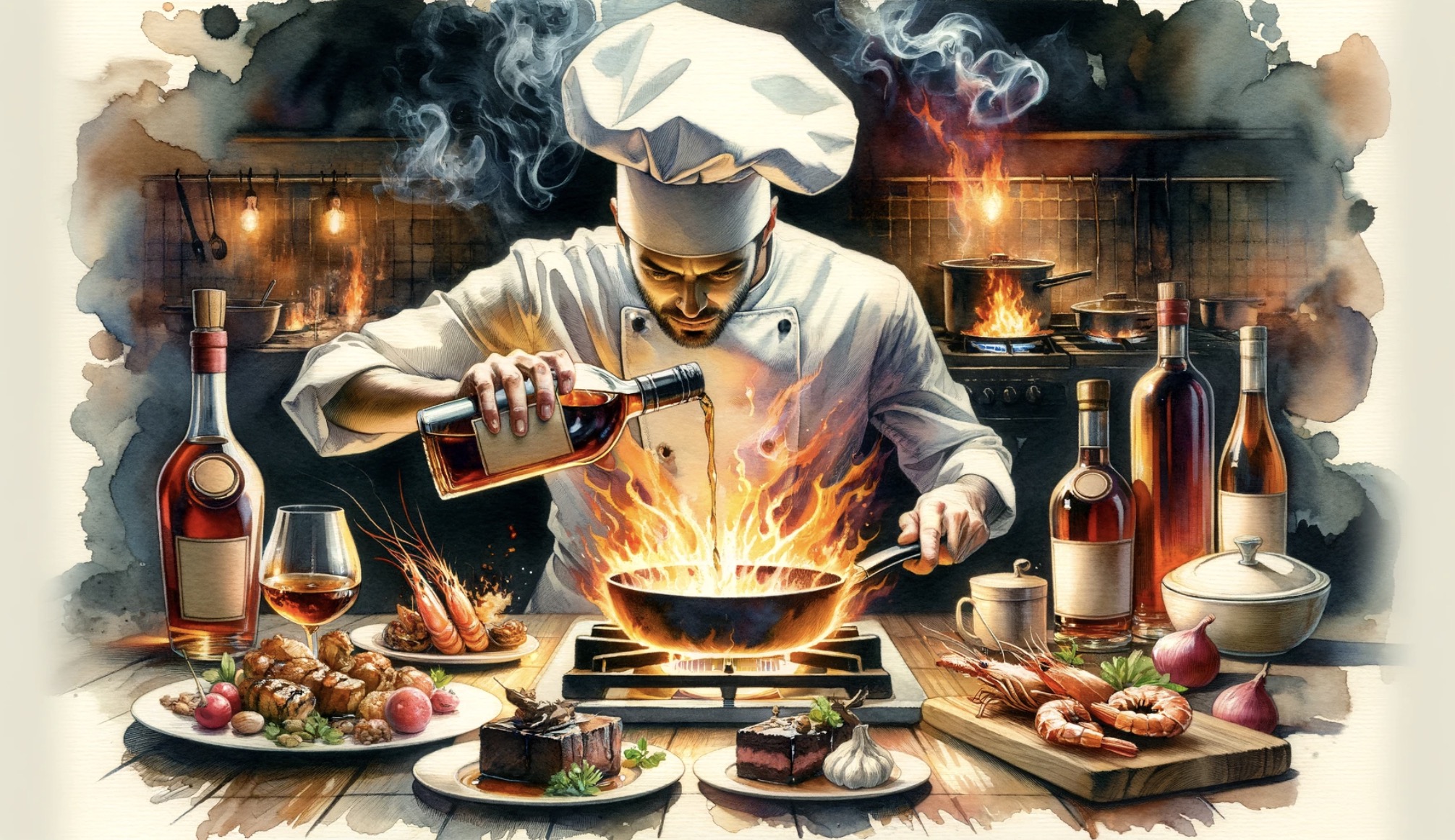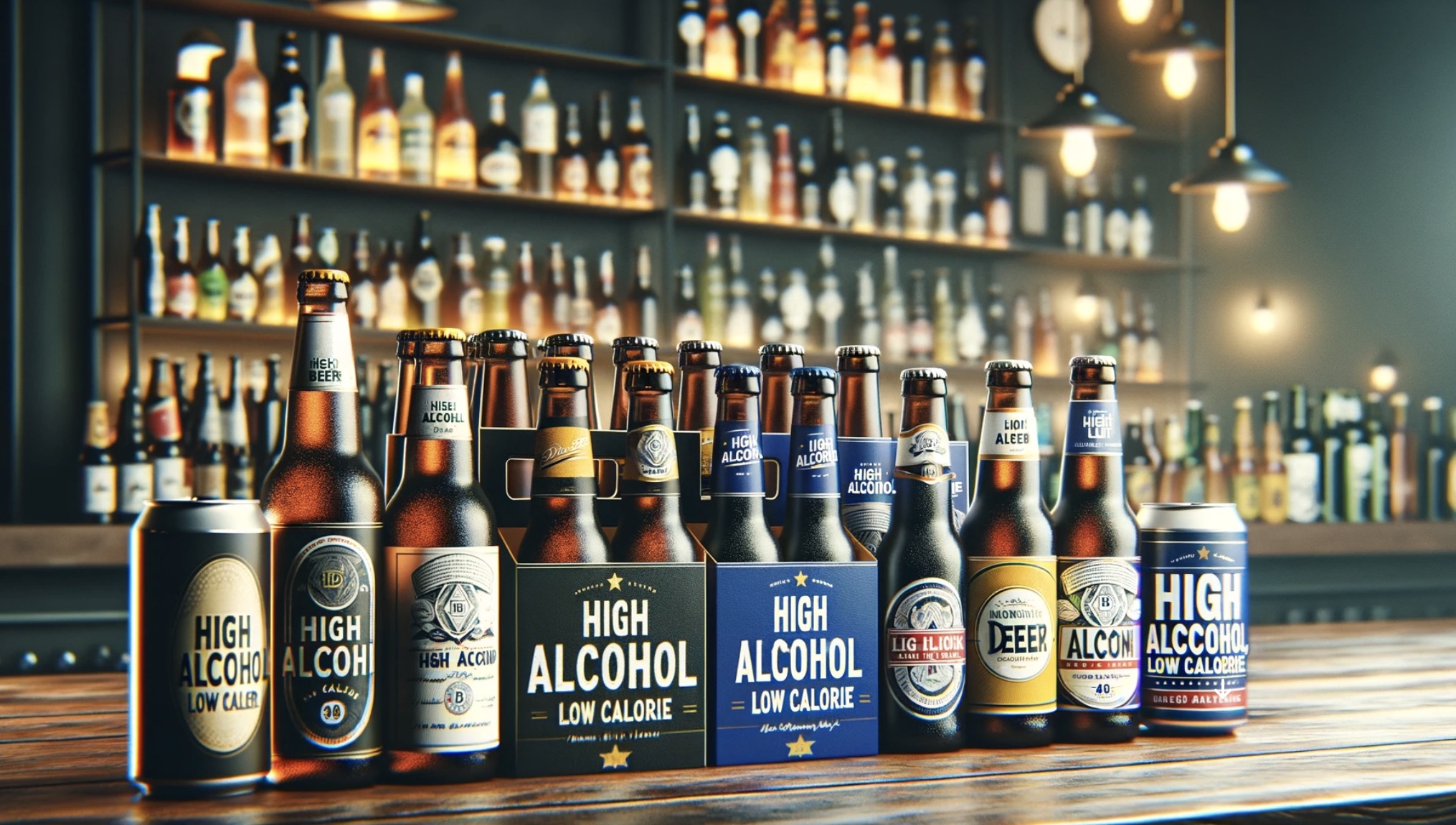Yes, beer can go bad if it freezes. Freezing beer can cause changes in its taste, color, and carbonation, as well as potentially damaging its container. In this blog post, we will explore the effects of freezing on beer and discuss ways to prevent it from happening.
The Science Behind Freezing Beer
What Happens When Beer Freezes?
When beer is exposed to freezing temperatures, the water content in the beer begins to form ice crystals. Since alcohol has a lower freezing point than water, it remains liquid while the water freezes. This separation of the water and alcohol content can lead to changes in the flavor and texture of the beer.
Why Does Freezing Affect Beer Quality?
The formation of ice crystals in beer can cause various issues that impact its overall quality. First, the ice crystals can cause the beer to become more concentrated, leading to a change in taste. Additionally, the freezing process can cause proteins and other compounds in the beer to coagulate, leading to a cloudy appearance and altering the mouthfeel of the beer.
How Freezing Affects Different Types of Beer
Lagers
Lagers typically have a lower alcohol content than ales, making them more susceptible to freezing. When a lager freezes, it can lose its crisp and clean taste, becoming more concentrated and less enjoyable to drink.
Ales
Ales generally have a higher alcohol content than lagers, so they may not freeze as easily. However, if an ale does freeze, its more robust flavors can become muddied and less distinct, leading to a less enjoyable drinking experience.
High-Alcohol Beers
Beers with a high alcohol content are less likely to freeze, but if they do, the freezing process can cause the beer’s flavors to become more intense and concentrated, making it less enjoyable to drink.
The Impact of Freezing on Beer Containers
Glass Bottles
When beer freezes, it expands, which can cause glass bottles to crack or even explode. This not only leads to a mess but can also be dangerous due to the risk of broken glass.
Cans
Cans are more resilient to freezing than glass bottles, but they can still be damaged by the expansion of the beer. Freezing can cause cans to bulge, leak, or even explode, leading to a loss of carbonation and potential damage to the beer’s flavor.
Preventing Beer from Freezing
Proper Storage
To prevent beer from freezing, it’s important to store it at the appropriate temperature. Most beers should be stored at around 50-55°F (10-13°C), which will keep them cool without risking freezing. If you don’t have a dedicated beer fridge or cellar, try storing your beer in the coolest part of your home, away from direct sunlight, heat sources, and temperature fluctuations.
Transporting Beer
When transporting beer, particularly during cold weather, it’s essential to keep it insulated and protected from freezing temperatures. Wrap your beer in a blanket or use an insulated cooler to help maintain a stable temperature while you travel.
Monitoring Outdoor Temperatures
If you’re storing beer outside or in an unheated space, be sure to keep an eye on the weather forecast and move your beer to a warmer location if freezing temperatures are expected.
Can You Save Frozen Beer?
Thawing Beer
If you discover that your beer has accidentally frozen, it’s essential to thaw it slowly and carefully. Allow the beer to gradually come to room temperature by placing it in a cool area (such as a basement or garage) and letting it thaw over several hours or even overnight. Avoid using heat sources or placing the beer in direct sunlight, as this can lead to rapid temperature changes and potentially damage the beer’s flavor and quality.
Assessing the Quality
Once your beer has fully thawed, it’s important to carefully assess its quality before consuming it. Check the container for any signs of damage, such as cracked glass or a bulging can. If the container appears to be intact, pour the beer into a glass and visually inspect it for any cloudiness or off-colors. Smell and taste the beer to determine if its flavor and aroma have been negatively affected by the freezing process. If the beer appears to be of good quality, feel free to enjoy it.
Conclusion: Does Beer Go Bad If It Freezes?
Yes, beer can go bad if it freezes. Freezing can lead to changes in flavor, color, and carbonation, as well as potential damage to the container. To ensure the best quality and taste, it’s essential to store and transport beer at the appropriate temperatures and take steps to prevent freezing. If you do accidentally freeze your beer, follow the proper thawing procedures and carefully assess its quality before consuming it.
To sum up, here are some key facts about freezing beer:
1. Freezing temperatures can cause ice crystals to form in beer, leading to changes in taste, color, and texture.
2. Alcohol has a lower freezing point than water, which can cause separation and concentration of flavors.
3. Lagers are more susceptible to freezing than ales due to their lower alcohol content.
4. High-alcohol beers are less likely to freeze, but their flavors can still be affected if they do.
5. Freezing can cause damage to beer containers, including cracked glass bottles and bulging cans.
6. Store beer at 50-55°F (10-13°C) to prevent freezing and maintain optimal quality.
7. When transporting beer in cold weather, use insulation to protect it from freezing temperatures.
8. Monitor outdoor temperatures if storing beer in unheated spaces.
9. Thaw frozen beer slowly and carefully to minimize damage to its flavor and quality.
10. Always assess the quality of thawed beer before consuming it to ensure it hasn’t gone bad.
FAQs
What happens when you take frozen beer out the freezer?
When you take frozen beer out of the freezer, it will begin to thaw and return to its liquid state. However, the quality and taste of the beer may be affected by the freezing process, as the expansion of the liquid can cause the carbonation to dissipate and alter the flavor.
Is beer ruined if it freezes?
Yes, freezing beer can ruin its taste and texture. The water in the beer expands when it freezes, causing the beer to lose carbonation and potentially altering its flavor. Additionally, if the bottle or can is not designed to withstand the pressure from the expanding water, it may burst or leak.
Is beer still good if it freezes and thaws?
Freezing and thawing beer can cause changes in flavor and texture, and may also affect the carbonation level. It is generally not recommended to consume beer that has been frozen and thawed as it may have gone bad or lost its quality.
How do you defrost frozen beer quickly?
The best way to defrost frozen beer quickly is to place it in a container of cold water and change the water every 10-15 minutes until it is thawed. Do not use hot water or a microwave as this can affect the taste and quality of the beer.
What happens when beer gets frozen?
When beer gets frozen, the water in the beer expands, causing the can or bottle to expand and potentially burst. This can also cause the beer to lose carbonation and alter the taste and texture.
How do you unfreeze beer quickly?
The quickest way to unfreeze beer is to place it in a bowl of room temperature water or wrap it in a wet paper towel and put it in the freezer for a few minutes. However, it is important to note that beer that has been frozen and thawed may have altered taste and quality.




